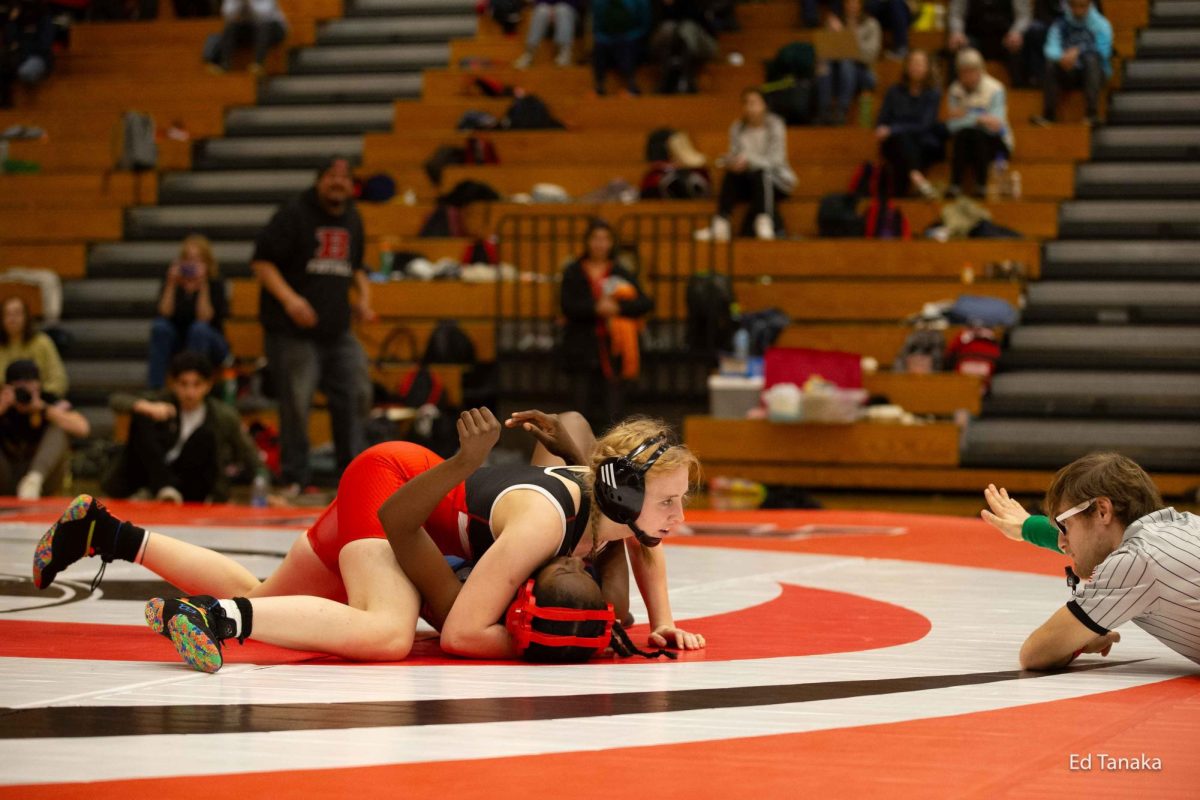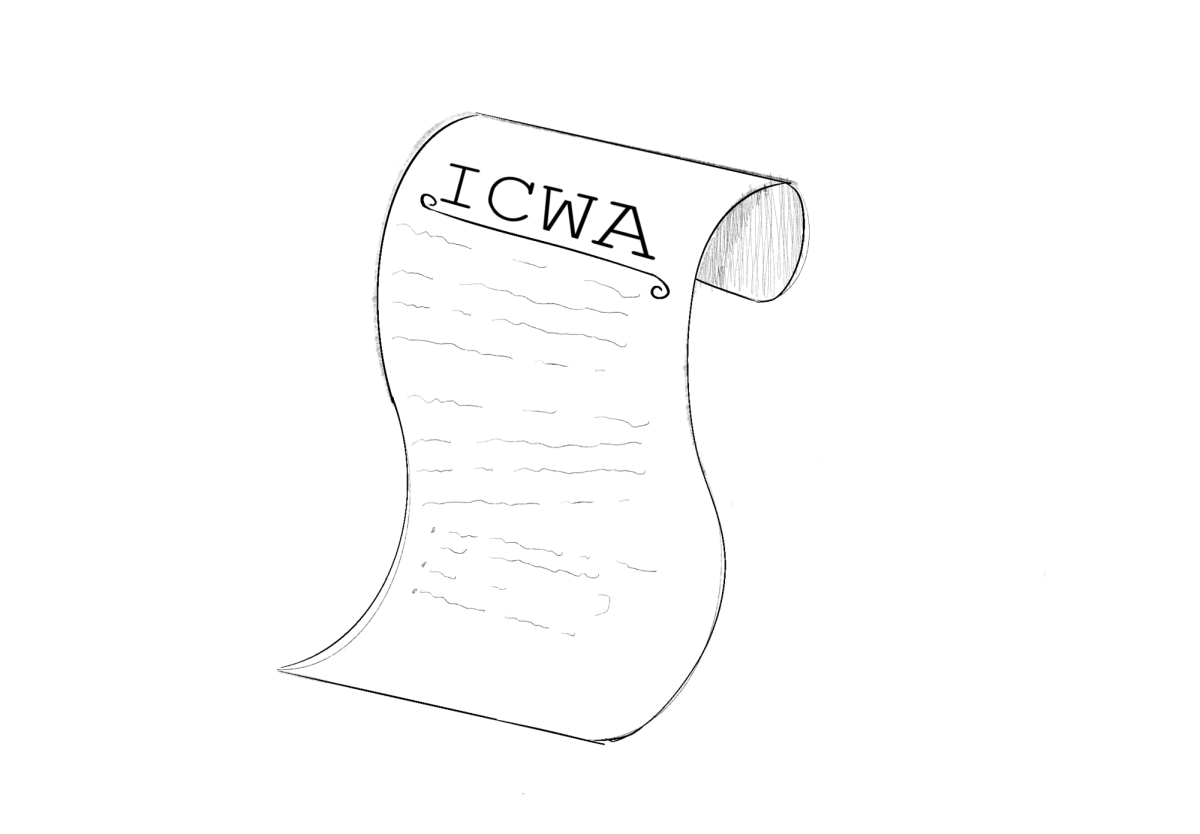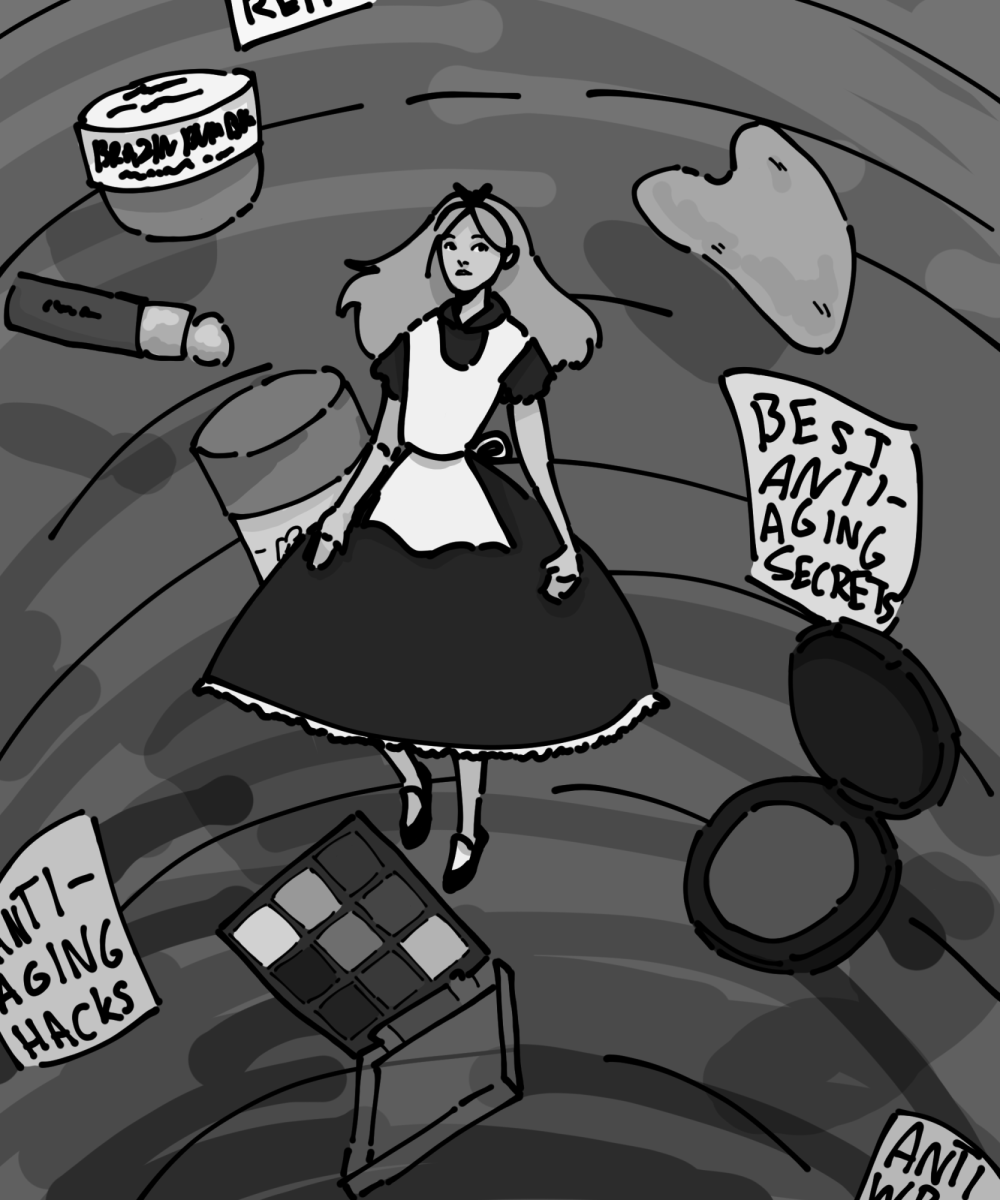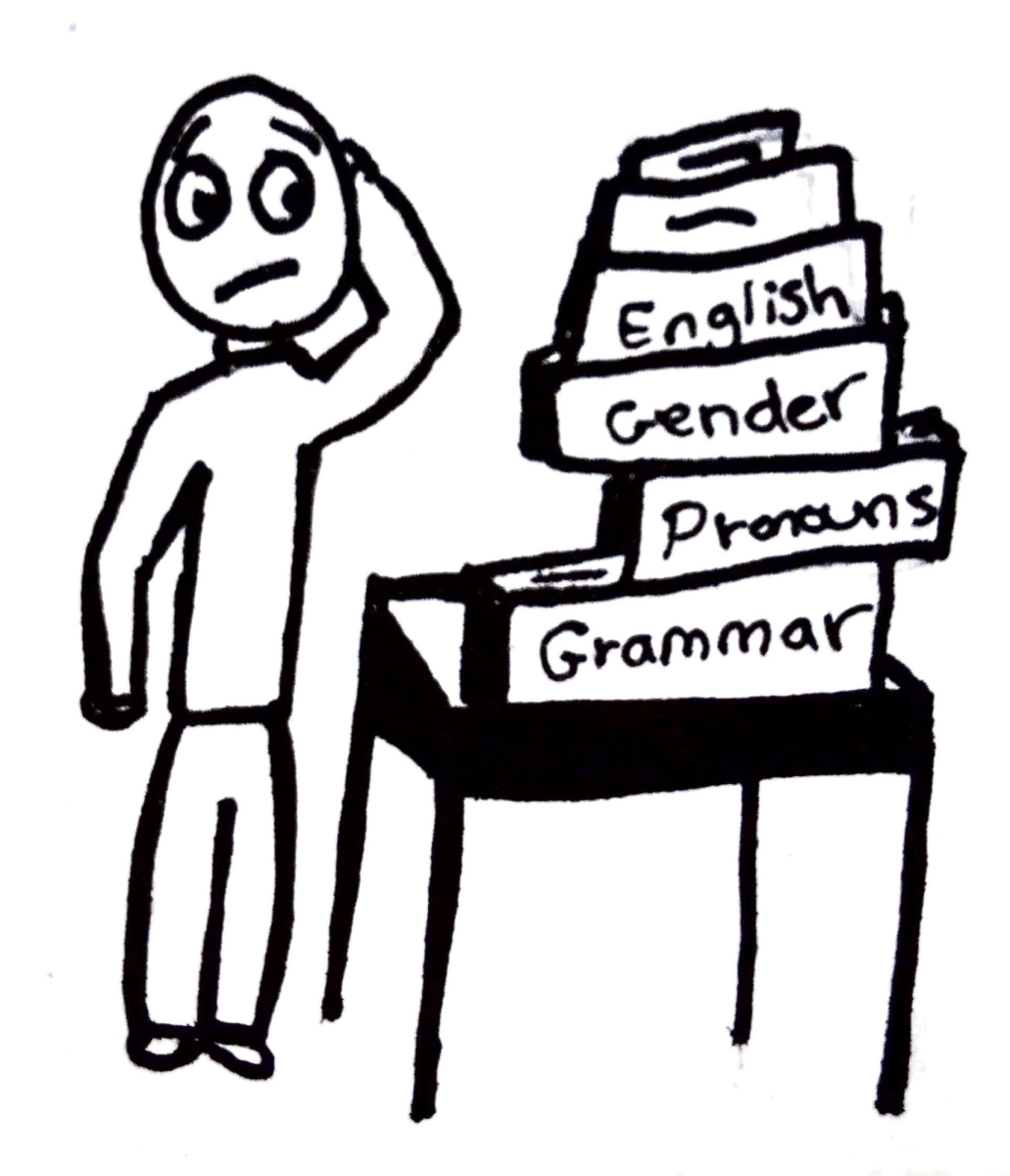Rachel Halmrast, Editor in Chief
Originally published January 12, 2017
It’s no question that our nation is dependent on the media. We derive our culture from what we see online and watch on television. Much more often than not, our knowledge of the world around us is almost entirely dependent on the information that the media feeds us.
This leaves us in a vulnerable position. In an age where entertainment is king and sensationalism sells, we have to be able to be able to separate fact and fiction.
According to a 2016 Gallup poll, only 32 percent of Americans say they have “a great deal” or even “a fair amount” of trust in the media, compared to the 40 percent who could say the same in 2015. This is one of the largest drops in the poll’s history, but these numbers have been steadily decreasing since the turn of the century, and fell below the majority in 2007.
Back in the 70s, during the heyday of investigative journalism, the public’s trust in the media was at a high of 72 percent. In the days of the Vietnam War and the Watergate scandal, the people were looking to their newspapers and television programs for the truth that their elected officials couldn’t (or wouldn’t) tell them. But in our current social-media-driven society where every individual can speak for themselves, the investigative power of the media is dwindling. When everyone has the power to respond to the media, everyone has the power to refute the facts they unveil.
President-elect Trump in particular has been making extensive use of his Twitter account. His tweets have been used to introduce policy, send vague threats, and of course, criticize the credibility of the media. He finds the main issue with the media to be misrepresentation, and blames its dishonesty for his negative image and lack of support.
In August, Trump tweeted “If the disgusting and corrupt media covered me honestly and didn’t put false meaning into the words I say, I would be beating Hillary by 20%.” This was only one of his seven anti-press tweets that day, and is only one example of his constant criticism of the media.
We are now living in a world of blurring lines. When those with a considerable amount of influence — particularly politicians — discredit the facts that the media presents, it becomes even harder to discern what is true. It becomes a battle of one side versus the other, and even though there is always a “right answer,” if there is never any consensus there can be no such thing as fact.
![West Seattle High School’s (WSHS) Chinese program is closing down and teachers in the program are informed to transfer to a different high school. At WSHS, 475 both former and current students have signed a petition to help teacher Ying Yu continue her Chinese program. She shares that initially, the program offered only four classes with 90 students but with her initiatives, the program grew to be full-time with 154 students and 137 students on the waiting list. (Seattle Public Schools Board Meeting YouTube Channel: Seattle Schools Board Meeting May 8, 2024, [58:25])](https://ballardtalisman.org/wp-content/uploads/2024/06/Screenshot-2024-06-14-134038.png)


![“Link Crew is meant to be a way for [upperclassmen] to help ninth graders with the transition to high school,” Laura Lehni, language arts teacher, ASB advisor and Link coordinator, said](https://ballardtalisman.org/wp-content/uploads/2024/05/IMG_4601-1200x800.jpg)




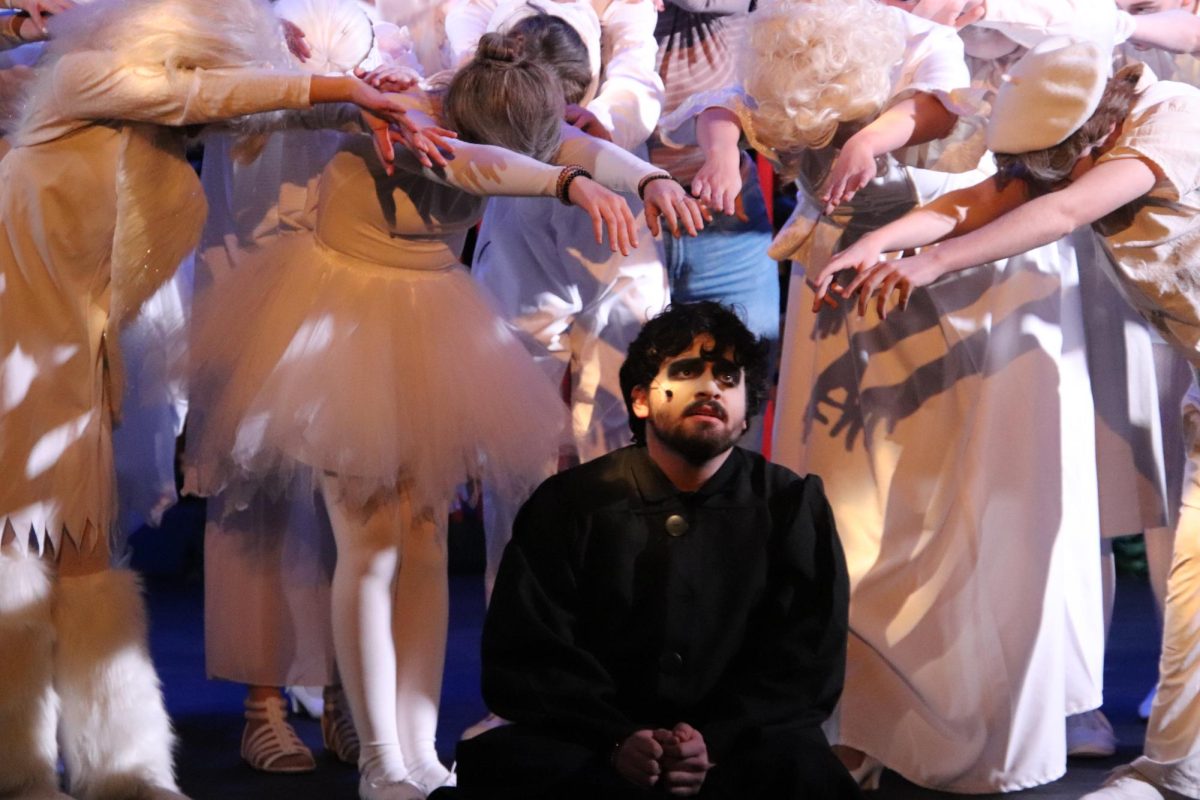
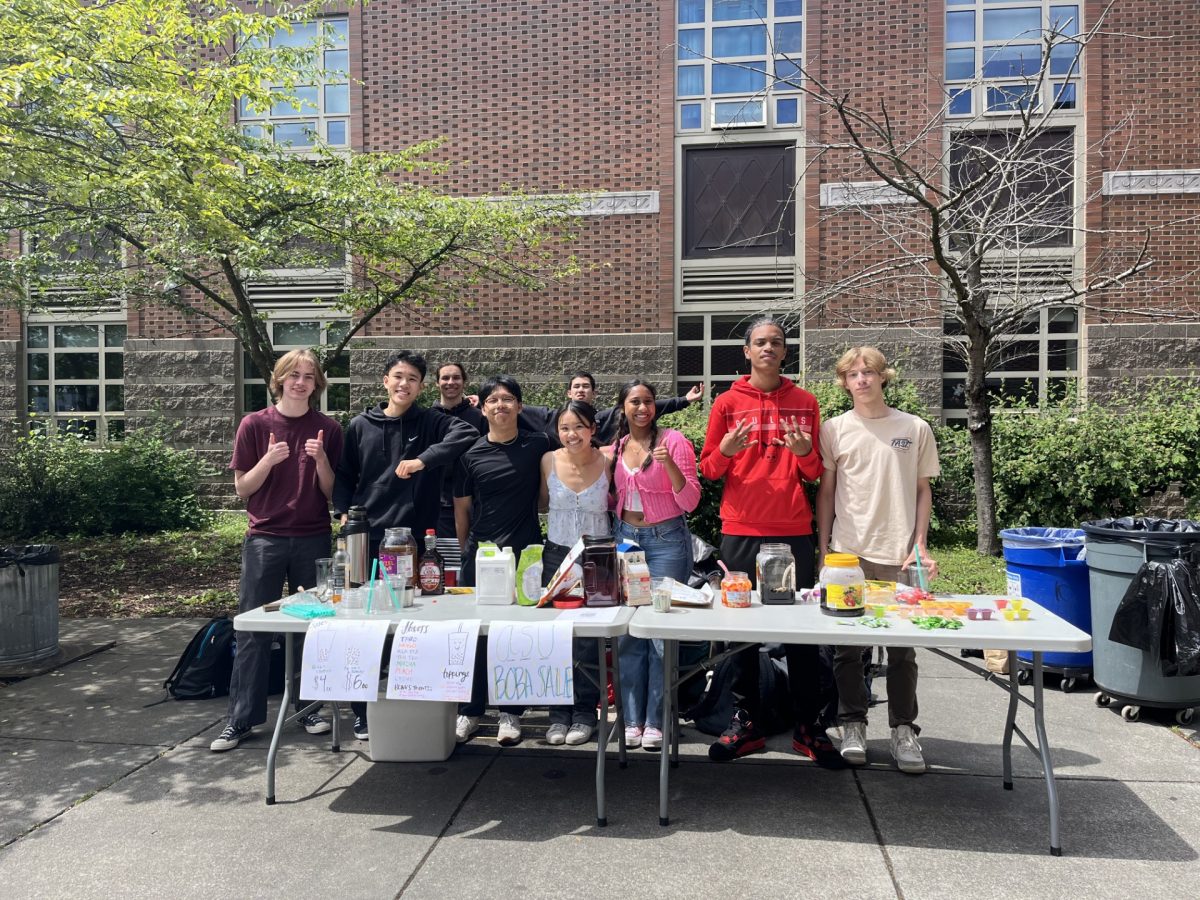

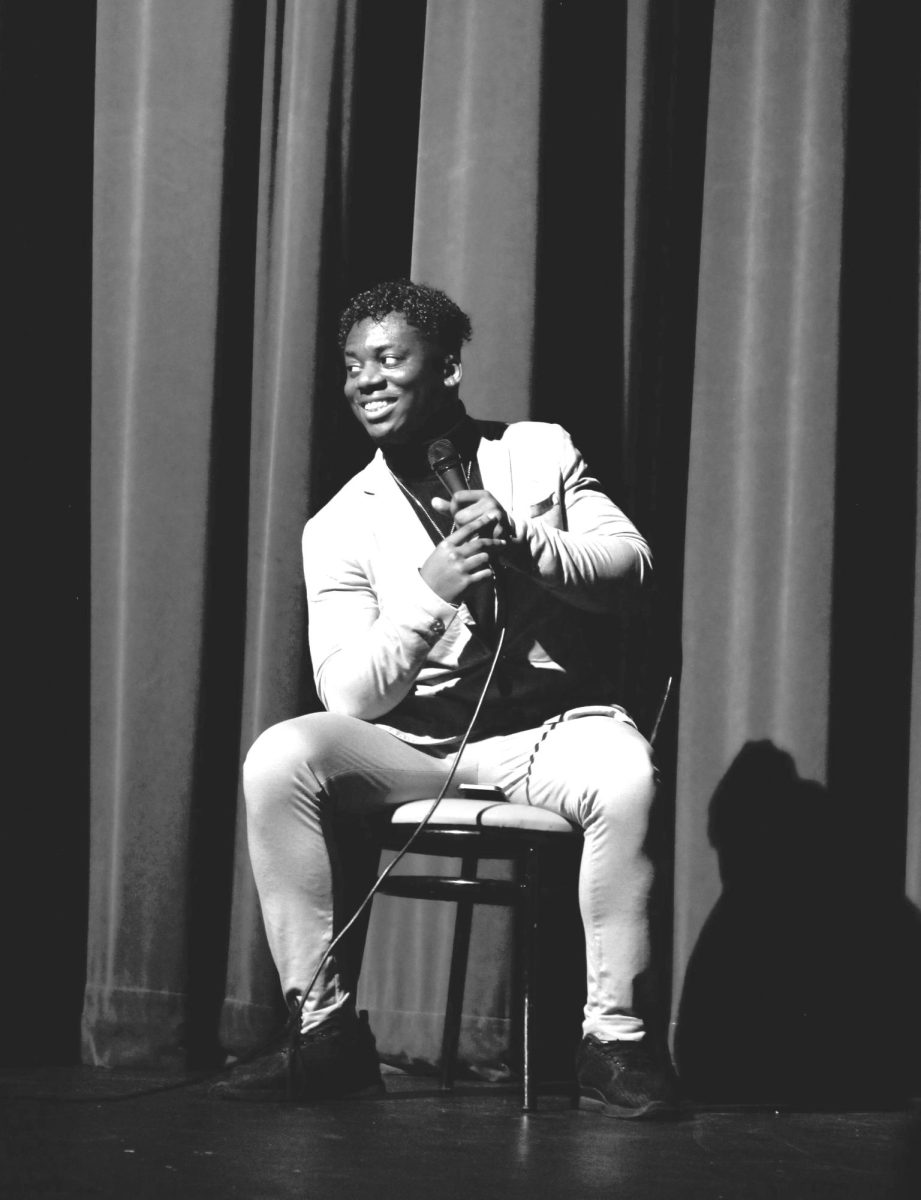


![Henry Willy [pictured left] taking the field with his teammates in a 10-11 loss vs. Saas.](https://ballardtalisman.org/wp-content/uploads/2024/05/IMG_2431.jpg)

